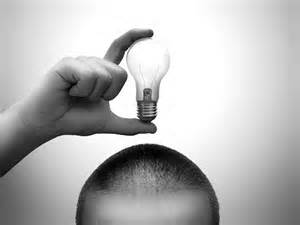By Anneke Scheepers.
We live in a world where there is no shortage of information and the flow of this information seems endless. There is a bombardment of high paced information flow that we devour on our smartphones during tea time and South Africa is no different. I speak for myself however when I say that there is difficulty in keeping the pace in that thorough understanding of this information is in fact undermined by the intensity thereof; that one is exposed to daily. By this I mean that there is no real room for thinking as we are spoon fed neatly pre-packaged thoughts and ideas. The headlines and blurbs about issues that deserve greater attention in discourse do not do it justice and there is no time, nor structure for the receiver to really think it through before clicking ‘like ‘and ‘share.’
I say this because in my understanding of the process of gaining understanding, there needs to be engagement with text that is being understood; by text I mean any phenomenon that reflects meaning. So if there is meaning but no time to explore it ourselves, how can we really have an understanding of that meaning that goes beyond what the author wants the reader to understand or know? We cannot. Reflection is arguably the most critical aspect of understanding because that is when one holds the text and its potential meaning / interpretation, up against context. Let me here say that it is my belief that there is no knowledge alien from context and in saying this I will admit that I am not personally for the notion of universalism however, in this case I recognise that such a statement may tend towards it (universalism) but not without virtue.
So if we can understand that there is no knowledge without context and that real consideration in which one has time enough to consider context (in thought / reflection about text), then we can see that is and undermining of the thought process. I am not saying that it illegitimates knowledge or that based hereupon, we can decide that what we are getting is not knowledge; I am rather pointing out that the quality of knowledge we possess is comparatively low. Take for example when one reads a book as part of a course; perhaps one reads twenty pages per day and the next day attends an hour long lecture in which that which was read is discussed and reflected upon. This happens each day for five days of the week. Compare this to reading a book with no time to reflect upon it and cramming before writing an exam… which of these instances is more likely to result in the higher quality of understanding? It is quite clear that the former would be it and that only for the fact that it encompasses time enough to reflect and consider.
There are those of us who are more equipped to grasp concepts and instantaneously understand these concepts in light of a framework of knowledge that we build over time and the context in which understanding occurs. In the same token there are those of us, like myself, who need a moment to stare at the window and think about the text that was just encountered and what it could mean. In this zeitgeist of quantity over quality – I find there is difficulty in attaining a firm grip on a topic, for as quickly as it flows onto my smartphone, it flows off.



